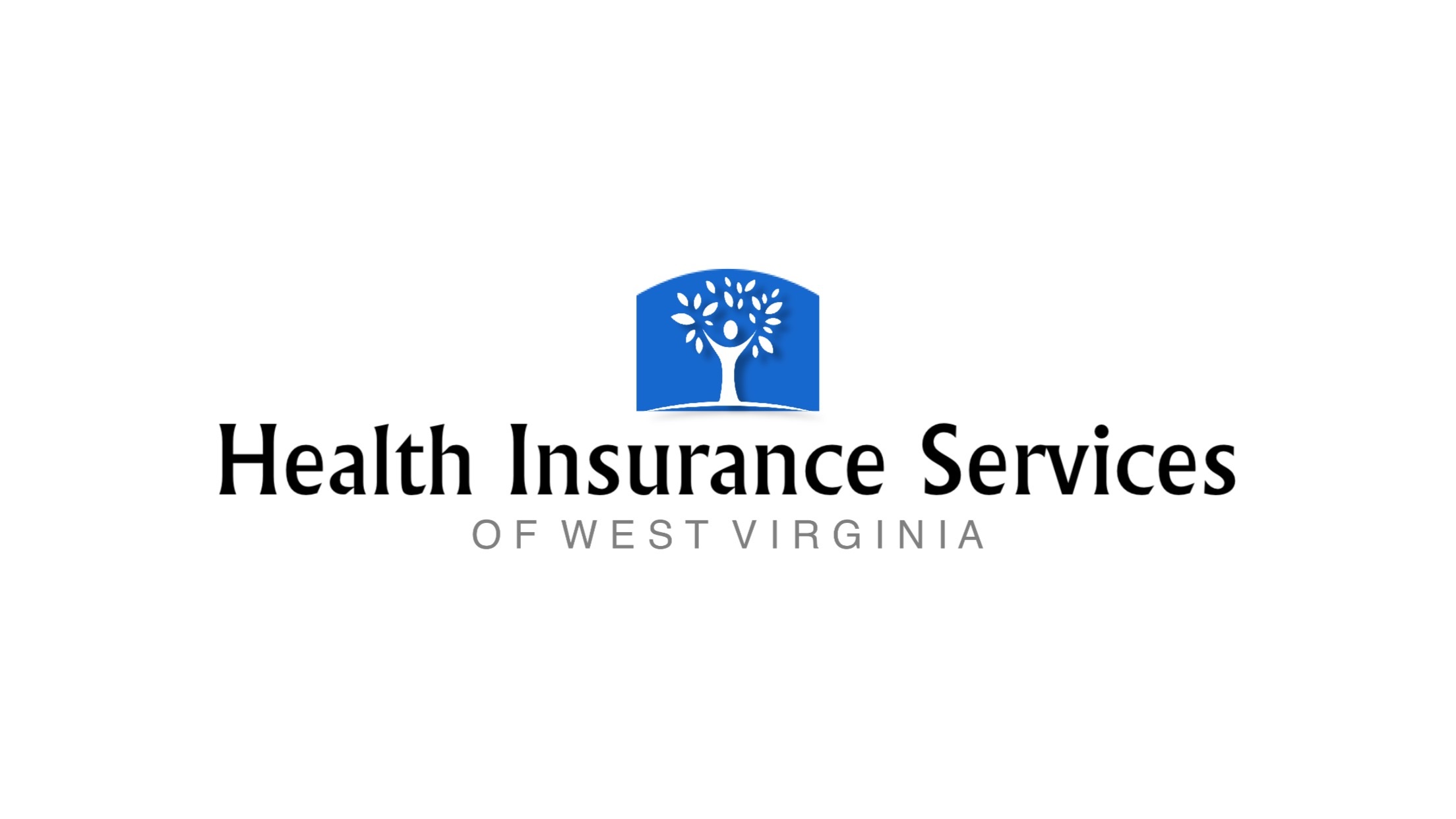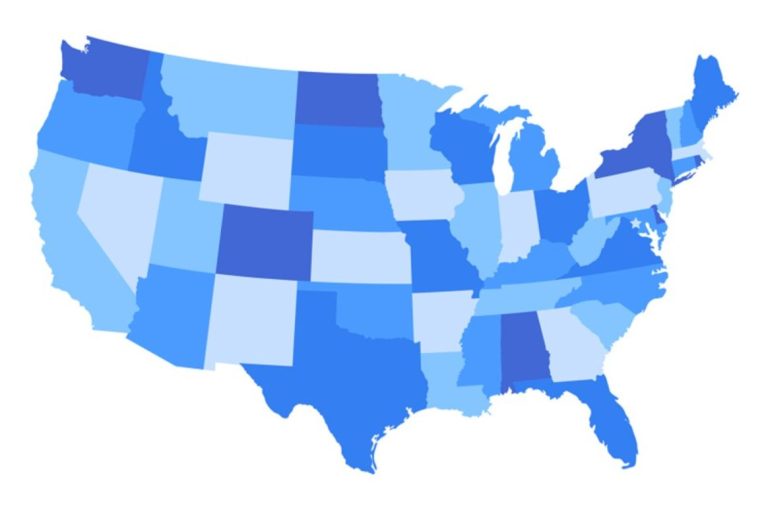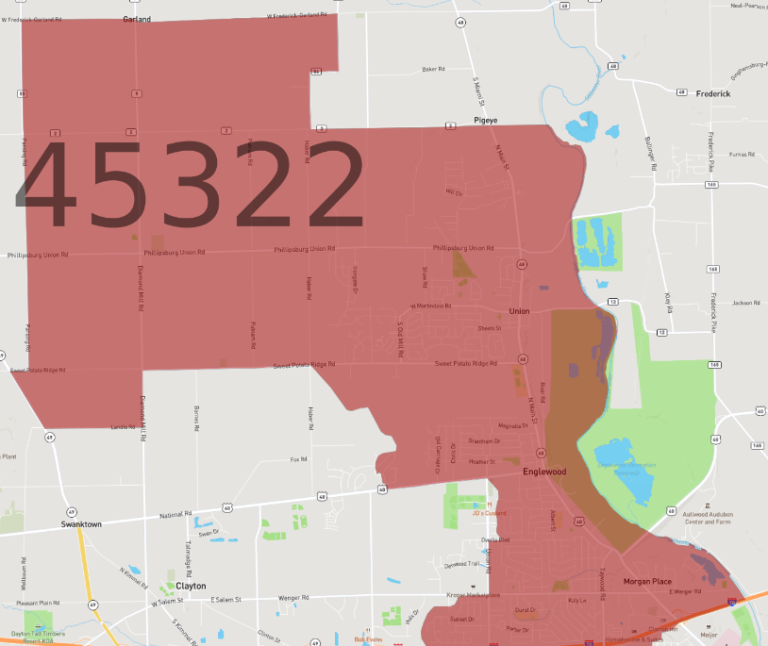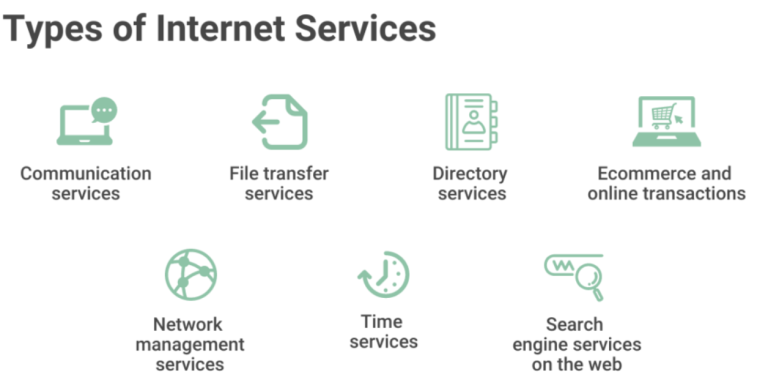Small businesses are the backbone of the West Virginia economy, but providing health insurance for employees can be a significant challenge. In this exclusive article, we delve into the complexities of small business health insurance in West Virginia, offering insights, tips, and resources to help you make informed decisions.
Understanding the Landscape
Small Business Health Insurance in West Virginia: The Basics
In West Virginia, small businesses are defined as those with 50 or fewer full-time equivalent employees. While there is no legal mandate for these businesses to provide health insurance, offering coverage can be a powerful tool for attracting and retaining top talent.
Key Considerations for Small Businesses
When navigating the world of small business health insurance in West Virginia, there are several key factors to consider:
- Cost: Health insurance premiums can be a significant expense for small businesses. It’s essential to find a balance between affordability and comprehensive coverage.
- Employee Needs: Understanding the diverse needs of your employees is crucial. Consider factors such as age, health conditions, and family size when selecting a plan.
- Plan Options: There are a variety of health insurance plans available, each with its own set of benefits and drawbacks. It’s important to compare options carefully to find the best fit for your business.
- Regulatory Requirements: Familiarize yourself with the state and federal regulations governing small business health insurance in West Virginia. Compliance is essential to avoid penalties.
Exploring the Options
Group Health Insurance Plans
The most common way for small businesses to provide health insurance is through group health insurance plans. These plans offer coverage to a group of employees under a single policy.
- Advantages: Group plans often offer lower premiums and more comprehensive coverage than individual plans. They also simplify administration for employers.
- Disadvantages: Group plans may have limited flexibility in terms of plan options and provider networks.
The Small Business Health Options Program (SHOP)
The SHOP Marketplace is a platform where small businesses can compare and purchase health insurance plans. It offers a variety of plan options and potential tax credits for eligible businesses.
- Advantages: SHOP offers a convenient way to shop for health insurance and access potential cost savings.
- Disadvantages: SHOP plans may have higher premiums than group plans, and eligibility requirements may apply.
Self-Funded Health Insurance
Self-funded health insurance is an alternative where employers assume the financial risk for their employees’ healthcare costs.
- Advantages: Self-funded plans offer greater flexibility and potential cost savings for businesses with healthy employee populations.
- Disadvantages: Self-funded plans require careful financial management and may expose employers to significant financial risk.
Making Informed Decisions
Assessing Your Needs
The first step in selecting the right small business health insurance in West Virginia is to assess your needs carefully. Consider the following:
- Budget: Determine how much you can afford to spend on health insurance premiums.
- Employee Demographics: Analyze the age, health conditions, and family size of your employees to identify their healthcare needs.
- Plan Preferences: Gather feedback from your employees about their preferred plan features, such as provider networks and prescription drug coverage.
Comparing Plans
Once you have a clear understanding of your needs, it’s time to compare health insurance plans. Consider the following factors:
- Premiums: The monthly cost of the plan.
- Deductibles: The amount employees must pay out-of-pocket before insurance coverage kicks in.
- Copays and Coinsurance: The percentage of costs employees share with the insurance company after meeting the deductible.
- Provider Networks: The list of doctors and hospitals included in the plan.
- Prescription Drug Coverage: The coverage for medications included in the plan.
Seeking Expert Advice
Navigating the complexities of small business health insurance in West Virginia can be overwhelming. Don’t hesitate to seek expert advice from a licensed insurance broker or agent. They can help you understand your options, compare plans, and find the best coverage for your business.
Additional Resources
- West Virginia Insurance Commissioner’s Office: The state agency responsible for regulating insurance in West Virginia.
- West Virginia Small Business Development Center: Provides resources and assistance to small businesses in the state.
- National Association of Health Underwriters: A professional organization for health insurance agents and brokers.
Conclusion
Providing small business health insurance in West Virginia is an investment in your employees’ well-being and your company’s success. By carefully assessing your needs, comparing plans, and seeking expert advice, you can find the right coverage to protect your employees and your business.
Read More: Mississippi Medicare Supplement Plans: A Comprehensive Guide







